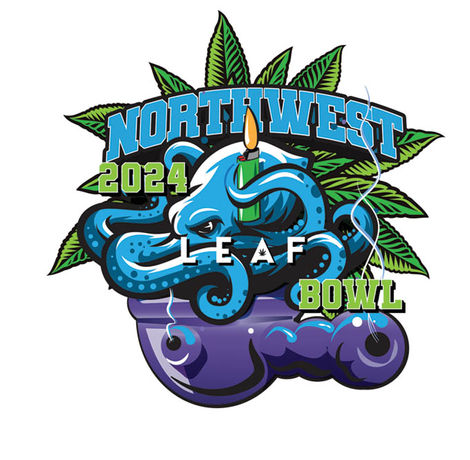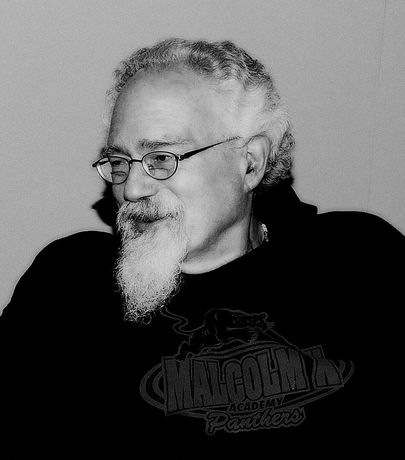Seth Ferranti had been on the run for two years when he was finally busted.
Barely old enough to legally order a drink, he sat in a holding cell, wondering why the cops were treating him like a celebrity.
“They were coming by and seeing me like I was a zoo animal or something,” he said. “So finally, I asked one of the guys, ‘What is the attraction?’ And he said, ‘You didn’t know? You’re in the top 15 of the U.S. Marshals Most Wanted list.’ They were bringing me my ‘Wanted’ poster and they were asking me to sign it. They were on me like I was Billy the Kid or something.”
Ferranti ultimately did 21 years out of a 25-year bid as a first-time, non-violent offender for selling LSD and Cannabis across a five-state territory – and emerged as a pioneer of the new era of thought leaders fighting against the stigma created by the War on Drugs.
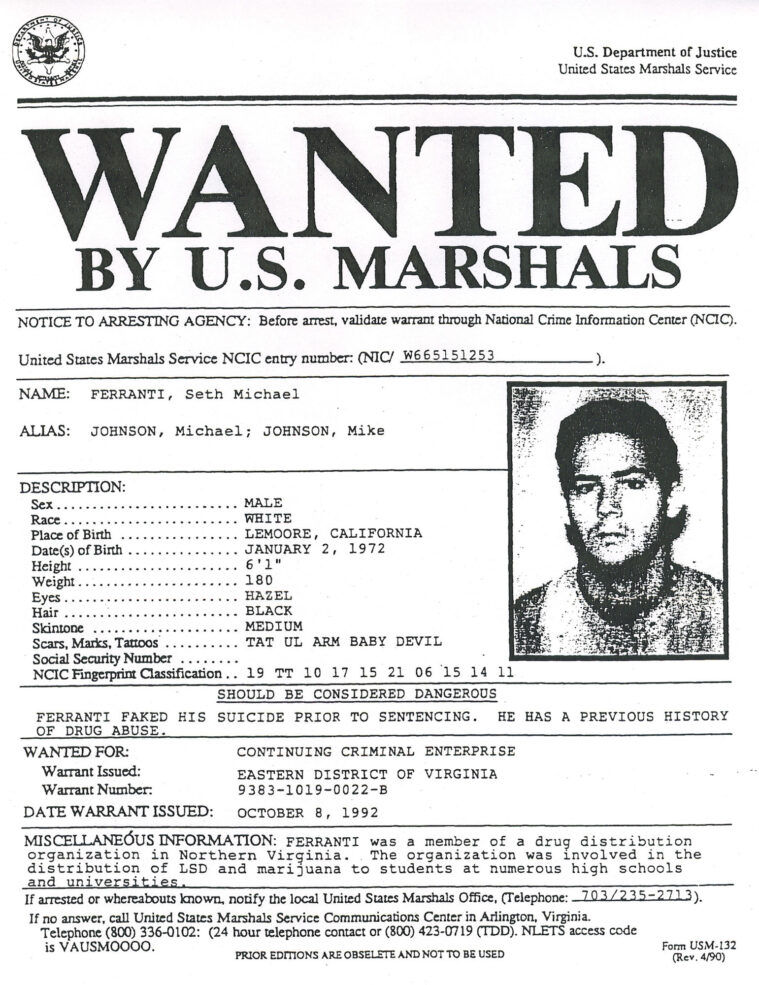

Sparking a Fire
Coming up in the mid-’80s, Ferranti choked down propaganda from the firehose of the Reagan-era anti-drug machine.
“Really, by 15, I kind of knew it was bullshit,” he said. “I knew it was a lie. It was a facade that they were pulling over everybody’s eyes in this country. When I smoked weed, I’m real hyper, so it kind of calmed me down, gave me that edge, made me feel whole. Psychedelics, they just really opened my mind – they made me look at things in totally different ways.”
These compounds helped him break down the barriers erected by societal and governmental programming and emerge a free-thinking individual on the other side.
“I saw the therapeutic, the medicinal and the spiritual value of these substances at a real young age,” he said. “I always tell people, I never consider myself a criminal. I was an outlaw, because I broke laws that I thought were wrong. I didn’t carry a gun, I didn’t beat people up, I didn’t have a criminal organization,” he said. “I saw these substances, and how they could open people’s eyes and help them through life, and help them see what was going on. I felt the need to supply them and to make them available. I’m not gonna say I didn’t want to make money. I’ve always been an ambitious person. I’ve always had that entrepreneurial mindset.”
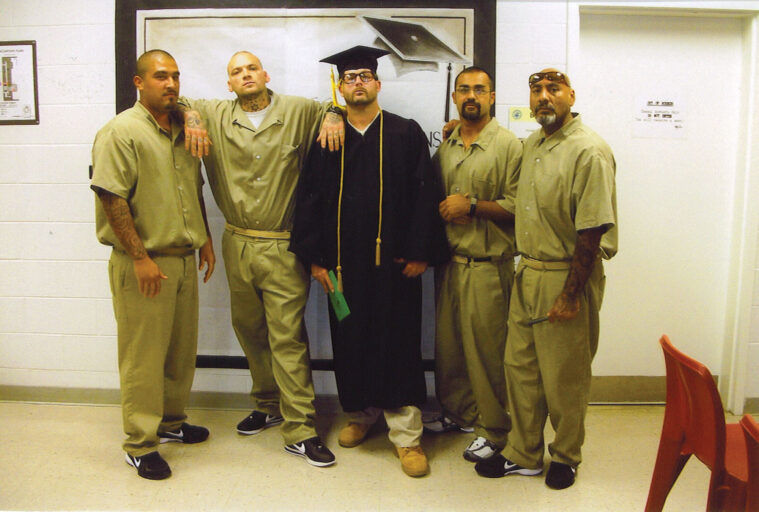
Growing Up Behind Bars
It was that very mindset that inspired him to build the distribution operation that landed him in prison. But that only contributed to his momentum. After achieving three degrees, writing nearly two dozen novels, launching a journalistic career and founding a publishing company called Gorilla Convict with his girlfriend Diane – who stuck by him the entire time and married him while he was inside – he breathed free air and embraced his wife for the first time without an armed guard nearby.
“When you get those 25 years as a 22-year-old, it does kind of shake the core of your beliefs,” he said. “Everyone tells you you’re wrong. The government tells you you’re wrong. Your parents tell you you’re wrong. All the people in the prison tell you you’re wrong. They say you’re a drug addict, you’re a felon, you’re a criminal, and they try to stigmatize you and put all these labels on you. It does affect you. And for the first couple of years in, I really had to figure out, ‘Who was I? My own country gave me 25 years for something I thought was right. It was really kind of Earth-shattering to me.”
It’s safe to say he figured out just who he was.
“I feel justified in my beliefs,” said Ferranti. “I stood up for that as a young man, and I paid the price. I ran, I was a fugitive for two years. I didn’t lay down, they had to catch me. I sold weed and psychedelics the whole time when I was a fugitive. I was a Cannabis and psychedelic activist. I was like a psychedelic knight. I was ushering in the new age. And yeah, I had to pay the price. I had to be inside the belly of the beast. I got that 25-year sentence as a first-time non-violent offender. But I wouldn’t change it. The sacrifice that I made, and that my wife and my family made, got me to where I am today.”
Now he sells limited edition blotter paper art of his Most Wanted poster, and has become a respected documentarian, focusing his shrewd lens on the harm done by the War on Drugs.
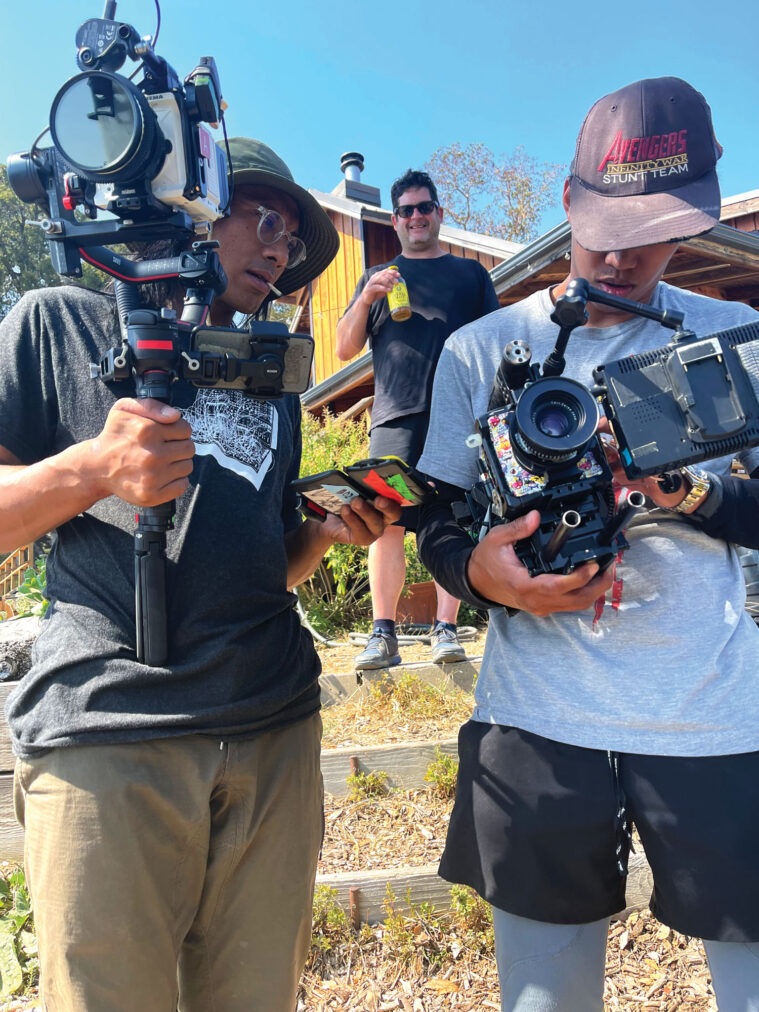
The Camera is a Weapon
The funding for his Gorilla Convict projects rolled in after the success of his 2017 documentary “White Boy” – a film about a teenager used as an FBI informant in the 1980s. That film gained enough popularity on Starz and Netflix that it inspired “White Boy Rick,” a feature film co-starring Matthew McConaughey. It threw Ferranti into overdrive. He is currently working on six docuseries, including “Psychedelic Revolution: The Secret History of the LSD Trade” as well as “Tangled Roots,” which explores the history of Cannabis cultivation in Humboldt County.
“Cannabis and psychedelics are righteous drugs, man,” he said, making a distinction between those and other substances such as amphetamines, cocaine and opiates. “I’ve always been a weed, mushrooms, peyote, mind-expanding drugs type of guy.”
As an old-school acid head with deep connections to the network of advocates tied to the Grateful Dead scene he came up in, Ferranti leaned on his connections to get interviews and material few others could even come close to getting.
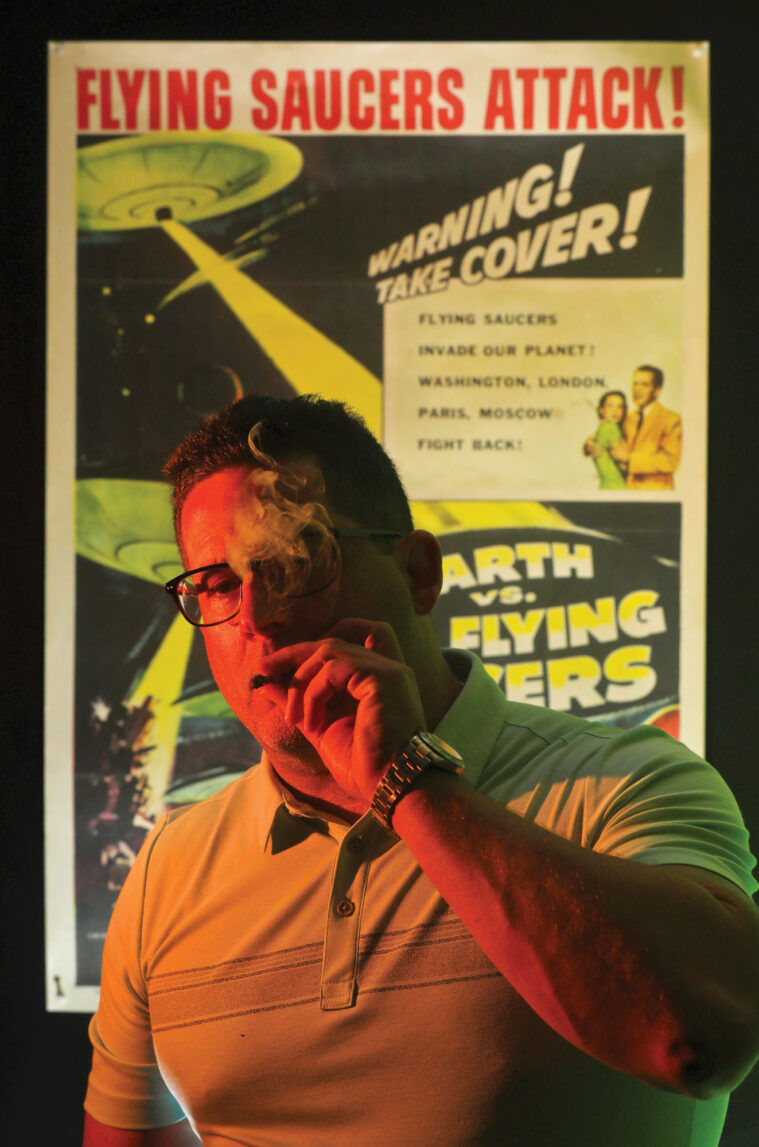
“We were just able to get tremendous support from everybody. Everybody I asked said yes to doing the interview. It’s just an incredibly tight-knit community,” remarked Ferranti. “There’s a bunch of people who are way more famous than me, but because of who I am, I can get the access. And by getting the access, I can tell the stories that have only been whispered about before.”
William Leonard Pickard, Magic, Tim Tyler, Sunshine Kesey, Mark McCloud – everyone came out of the woodwork to contribute to his storytelling.
“There are still dudes in there for Cannabis now, and for LSD, and we were the ones that paid the price to usher in this new age,” he said. “We were the ones that were on the front line, fighting this drug war on the good side.”
He’s currently in production and continues to raise funds in order to complete the project so he can tell the story to the masses. It’s been an inspiring, humbling experience – especially after spending so long in prison, dreaming of these opportunities to bolster his community and tell his truth.
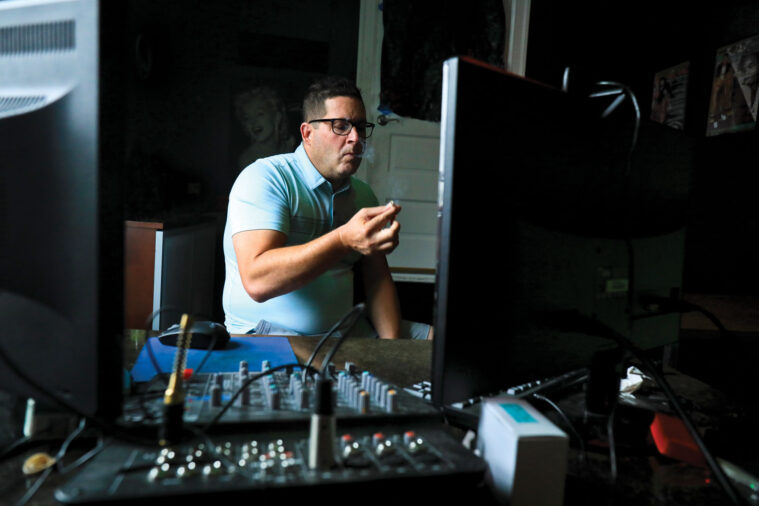
“When I did these shoots, both for the ‘Psychedelic Revolution’ and for ‘Tangled Roots,’ so many people in the community would come up to me and thank me for my service, like I was in the military or something,” he said. “It’s weird, but it’s also kind of satisfying, because people are recognizing it. … When that first happened to me, I was kind of taken aback. I was like, ‘You don’t have to thank me, I did my time, whatever.’ But now it’s nice, especially when you see all these corporations and people who aren’t from the culture moving in, and pushing the legacy operators and the legacy farmers to the side. That’s why I make the ‘Psychedelic Revolution,’ and why I make the ‘Tangled Roots,’ because I want people to know. Without these legacy operators and traditional markets, this culture would have been lost. And it’s still here and still going strong – and what they termed counterculture is going mainstream in 2022.”



